Get Septic Inspection in Boulder, CO
Septic inspection services help Boulder area property owners identify tank issues, assess system condition, and prepare for repairs or property transactions with trusted local contractors.
Septic inspection services are an important consideration for property owners in Boulder, CO, especially for those planning to buy, sell, or maintain a property with an existing septic system. Ensuring the system is functioning properly can help prevent costly repairs and avoid potential health or environmental issues down the line. If you are exploring options for septic inspections, you are in the right place to compare local contractors who specialize in these services and can provide the expertise needed to assess your system’s condition accurately.
Many property owners in Boulder and nearby areas find that having a thorough septic inspection is a practical step before making significant property decisions or routine maintenance. Local service providers can offer insights into the state of your septic system, helping you plan future projects with confidence. Keep reading to discover how to connect with qualified contractors who can assist with your septic inspection needs.
- Septic System Inspection - needed when preparing to purchase or sell a home in neighborhoods around Boulder, CO.
- Routine Septic Checks - recommended for homeowners to ensure proper function and prevent costly repairs in areas with older septic systems.
- Troubleshooting Septic Issues - essential when experiencing slow drains, odors, or backups in residential properties near Longmont or Lafayette.
- Septic System Maintenance - advised for maintaining optimal performance and longevity of septic systems in suburban communities outside Boulder.
- Pre-Inspection Assessments - useful before installing new landscaping or adding structures that may impact septic system access or capacity.
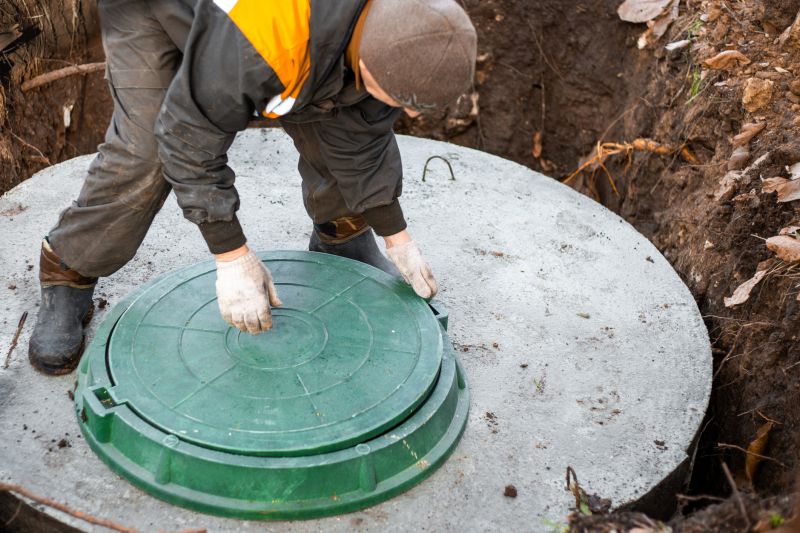
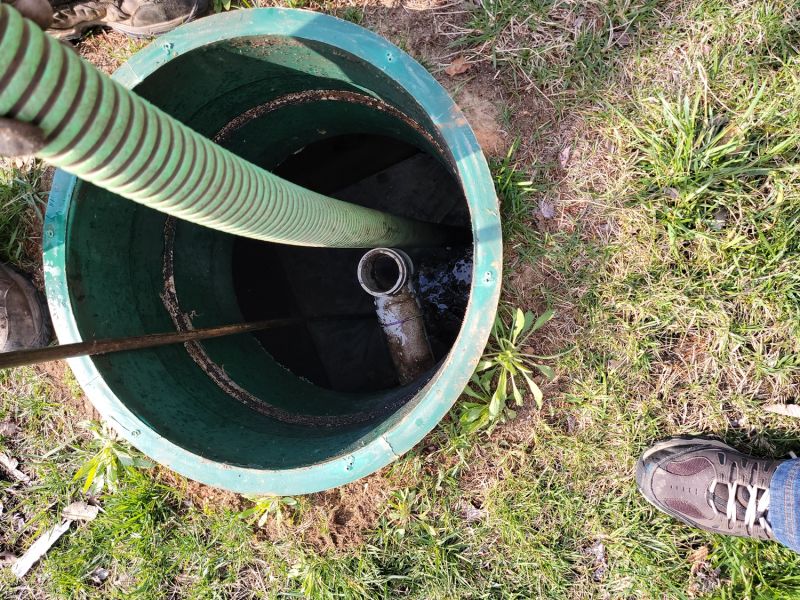
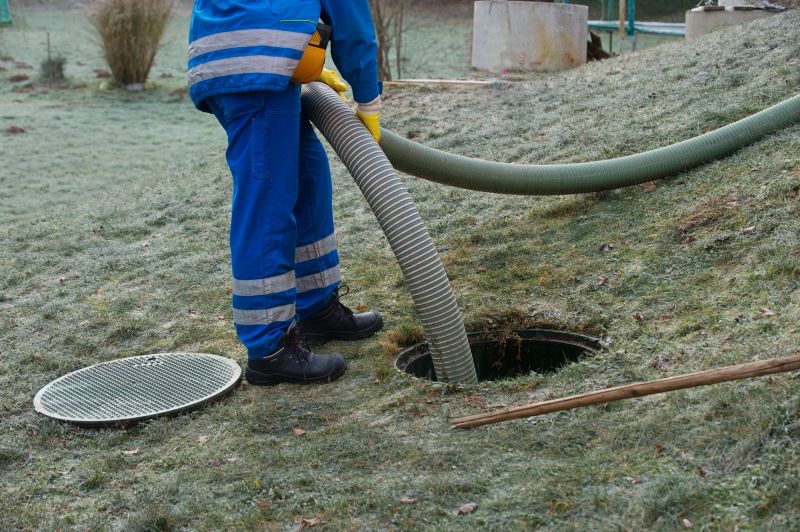
Septic inspection services involve a thorough evaluation of a property’s on-site sewage system to ensure it is functioning properly and remains in good condition. During an inspection, a trained service provider will examine the septic tank, drain field, and related components to identify any signs of wear, damage, or potential failure. This process often includes checking for leaks, measuring tank levels, and assessing the overall health of the system. Regular inspections help homeowners stay ahead of issues that could lead to costly repairs or environmental concerns.
Identifying problems early is a key benefit of septic inspections. Common issues that inspections can reveal include clogged or damaged drain fields, sediment buildup in the tank, or cracked components that may cause leaks. Detecting these problems before they escalate can prevent more extensive damage, avoid inconvenient backups, and ensure the system continues to operate efficiently. Inspections are especially valuable when buying or selling a property, as they provide a clear picture of the septic system’s condition and help meet local health and safety standards.
Septic inspection services are often used by homeowners in rural areas or properties that are not connected to a municipal sewer system. They are also frequently requested during real estate transactions, as buyers and sellers want to confirm the system’s integrity before completing a sale. Additionally, property owners who notice slow drains, foul odors, or standing water around the septic area may seek inspections to diagnose potential problems. Regular inspections are recommended for maintaining the longevity of the system and avoiding unexpected failures.
These services are suitable for a variety of property types, including single-family homes, ranches, and small commercial buildings that rely on septic systems. Whether a property is new or decades old, a septic inspection can provide peace of mind by verifying that the system is operating safely and efficiently. Local contractors who specialize in septic services can tailor inspections to the specific needs of each property, ensuring that homeowners understand the current state of their system and any necessary steps for maintenance or repairs.
The overview below groups typical Septic Inspection projects into broad ranges so you can see how smaller, mid-sized, and larger jobs often compare in Boulder, CO.
In many markets, a large share of routine jobs stays in the lower and middle ranges, while only a smaller percentage of projects moves into the highest bands when the work is more complex or site conditions are harder than average.
Routine Inspection - typical costs for standard septic inspections range from $250 to $600. Many smaller or routine inspections fall within this middle range, which is common for regular maintenance checks in Boulder and nearby areas.
Minor Repairs - fixing small issues such as a clogged outlet or replacing a vent pipe usually costs between $150 and $400. These projects are often straightforward and tend to stay within this lower to mid-range bracket.
Septic Pumping - pumping out a septic tank generally costs between $300 and $700. Many homes require this service every 3 to 5 years, with costs varying based on tank size and accessibility.
Full System Replacement - replacing an entire septic system can range from $3,500 to over $10,000, with larger, more complex projects reaching $15,000 or more. While less common, these larger projects are typically reserved for older systems or significant system failures.
Actual totals will depend on details like access to the work area, the scope of the project, and the materials selected, so use these as general starting points rather than exact figures.
Drain Field Evaluation - professionals assess the condition and functionality of drain fields, sharing skills in soil testing and site analysis similar to septic system inspections.
Sewage System Repairs - local contractors handle repairs and troubleshooting of residential sewage systems, requiring similar diagnostic skills as septic inspections.
Septic Tank Pumping - service providers perform tank pumping and maintenance, involving knowledge of tank components and system health comparable to inspection services.
Septic System Installation - experts install new septic systems, which involves planning and site assessment skills akin to evaluating existing septic setups.
Soil Testing and Percolation Tests - specialists conduct tests to determine soil absorption capacity, a process related to evaluating drain field viability during septic inspections.
Drainage System Inspection - contractors examine surface and subsurface drainage, utilizing similar planning and assessment techniques as septic system evaluations.
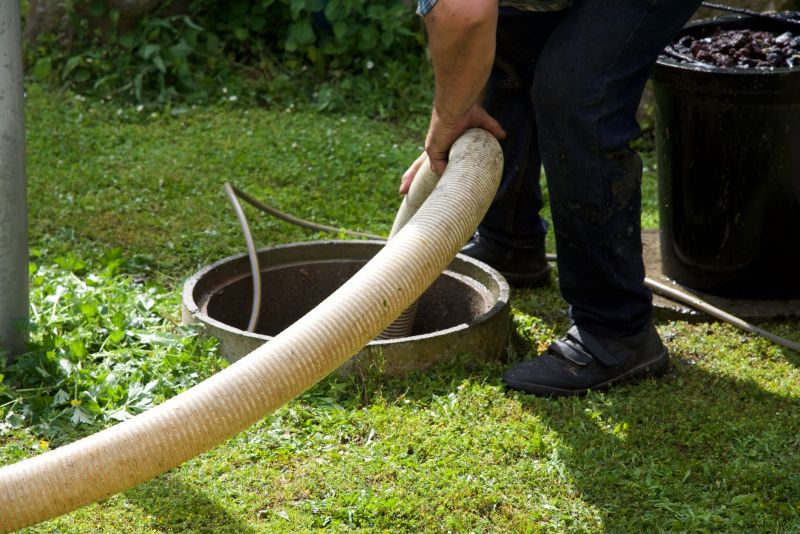
When comparing septic inspection service providers in Boulder, CO and nearby areas, it’s important to consider their experience with similar projects. A contractor who has handled inspections for homes comparable in size and age can often better identify potential issues and provide thorough evaluations. Asking about their background with local septic systems and understanding of regional soil conditions can help ensure they are familiar with the specific challenges that may arise in the area. This knowledge can contribute to a more accurate assessment and a smoother inspection process.
Clear, written expectations are essential when choosing a septic inspection service. A reputable contractor should be able to provide detailed information about what the inspection will include, what the homeowner can expect to observe, and any follow-up steps that might be necessary. Having a transparent scope of work in writing helps prevent misunderstandings and ensures everyone is aligned on the services provided. It also allows homeowners to compare providers more effectively and select the one that offers the most comprehensive and understandable approach.
Reputable references and good communication are key indicators of a dependable service provider. When evaluating local contractors, it’s advisable to seek out reviews or testimonials from previous clients who can speak to their professionalism and reliability. Additionally, a contractor’s responsiveness and clarity in communication during the inquiry process can be a strong sign of their commitment to customer service. Keep in mind that this site introduces homeowners to local options for septic inspection services, but it does not perform the work itself. Connecting with trusted local contractors who prioritize experience, transparency, and clear communication can help ensure the inspection process goes smoothly and meets expectations.
Property owners in Boulder, CO use Septic Inspection services for practical projects around their homes and businesses. This guide focuses on everyday jobs and straightforward project options.
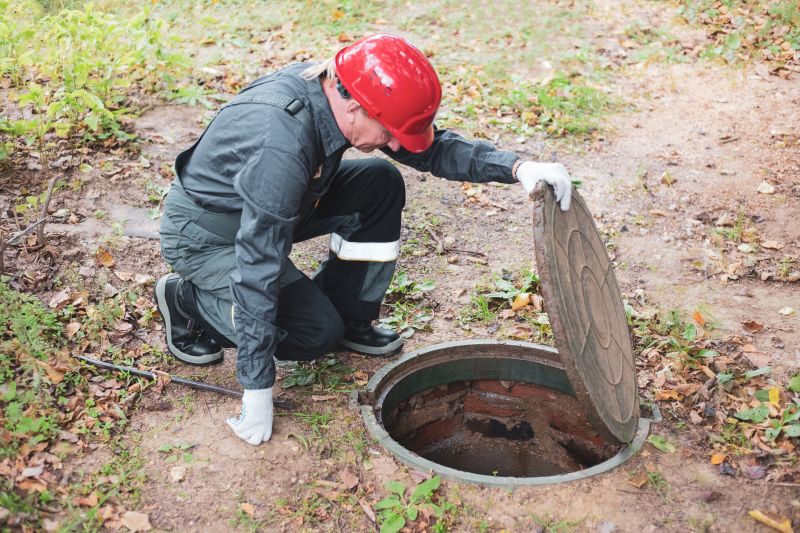
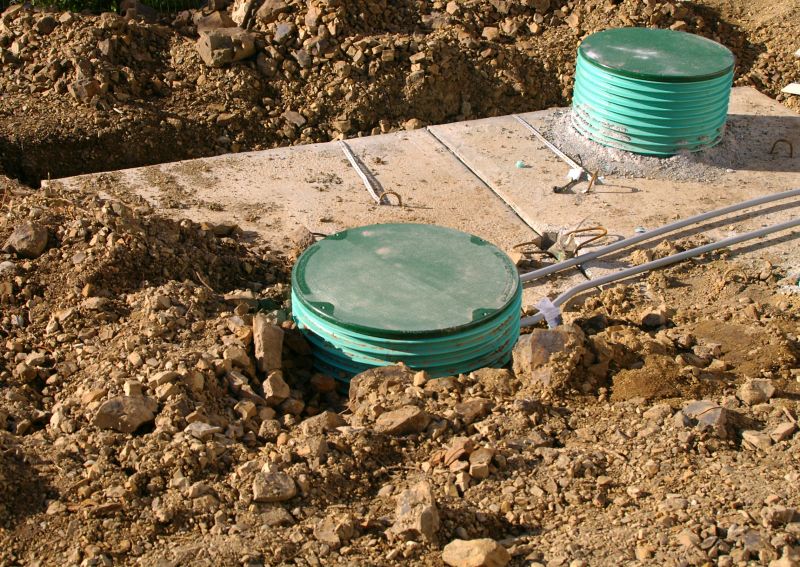
Septic inspection services are often needed when Boulder property owners are preparing to sell their homes or are experiencing signs of system issues, such as slow drains, unpleasant odors, or backups. Regular inspections can help identify potential problems early, preventing costly repairs or system failures that could disrupt daily routines. Local contractors who specialize in septic systems can provide thorough evaluations to ensure everything is functioning properly and in compliance with local regulations, giving homeowners peace of mind.
Additionally, property owners may seek septic inspections after experiencing changes in household size or during property renovations that involve plumbing upgrades. Septic systems in Boulder’s area can be affected by factors like soil conditions and usage patterns, making professional inspections a helpful step in maintaining system health. Service providers in the area can assess the condition of septic components, recommend necessary maintenance, and help ensure the system remains reliable for everyday use.
What does a septic inspection involve? A septic inspection typically includes checking the tank for proper function, assessing the condition of the components, and evaluating the drain field to ensure everything is operating correctly.
Why should I schedule a septic inspection? Regular septic inspections can help identify potential issues early, preventing costly repairs and ensuring the system remains functional and compliant with local regulations.
How can local contractors assist with septic inspections? Local service providers can perform thorough inspections, provide maintenance recommendations, and help address any identified concerns to keep the septic system in good working order.
What signs indicate I might need a septic inspection? Signs such as slow drains, unpleasant odors, or standing water near the septic tank area may suggest it’s time to have a professional inspection performed.
Are septic inspections necessary before selling a property? Yes, a septic inspection is often required during real estate transactions to verify the system's condition and ensure it meets local health and safety standards.
Septic System Inspection - Property owners can schedule inspections before purchasing a home to ensure the septic system is functioning properly.
Routine Maintenance Checks - Regular inspections help identify potential issues early, preventing costly repairs down the line.
System Troubleshooting - When experiencing odors or backups, inspections by local contractors can pinpoint the cause and recommend solutions.
System Upgrades or Repairs - Property owners planning renovations or upgrades can use inspections to determine if the existing septic system needs repairs or replacement.

If you are thinking about Septic Inspection for a property in Boulder, CO, this guide is meant to help you understand the work, the typical project types, and how different options might fit your plans.
When you are ready, you can use the quote form on this page to share a few details about your project. From there, local pros can review the basics and respond with options that match what you have in mind.



